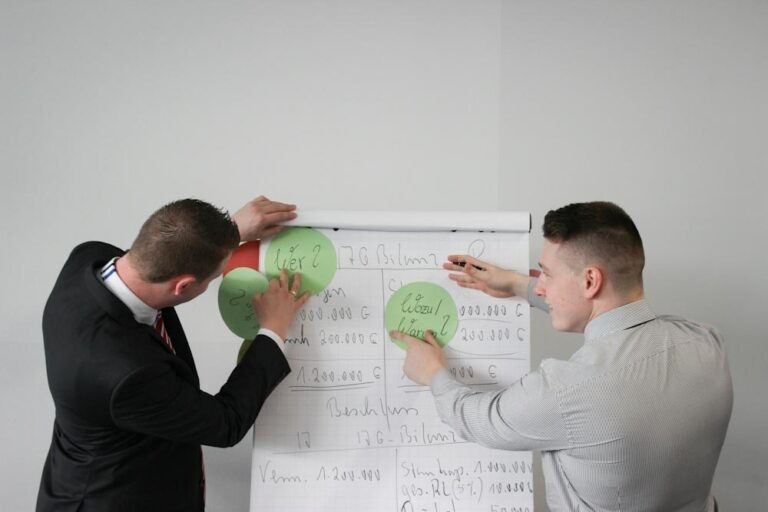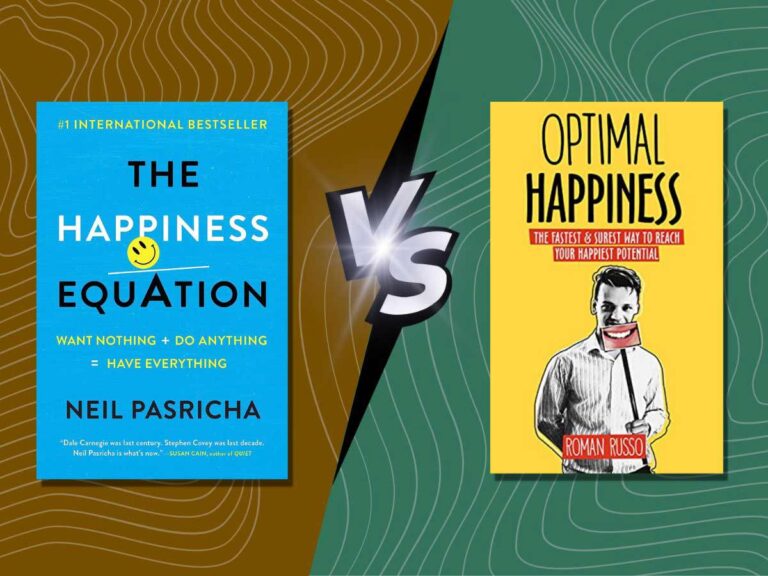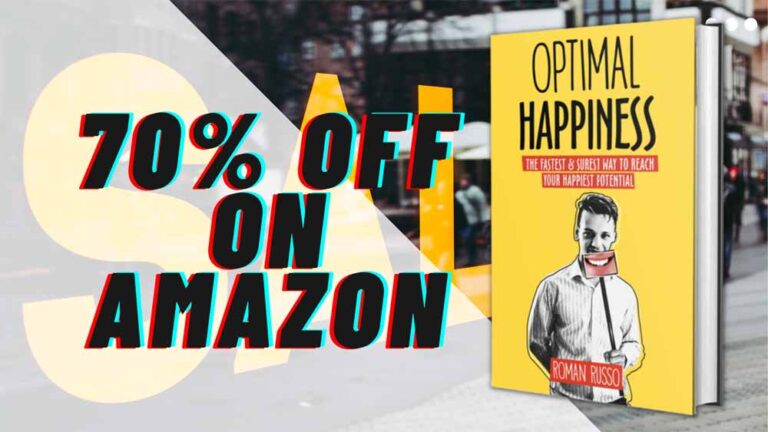
Today, my flatmate managed to annoy me to a point where I decided to write about it, which is something I do whenever I experience very strong positive and negative emotions. In the process, I realized that they have a fixed mindset, and continuing to talk to them is like talking to a wall, as the only outcome is that I become even more annoyed and get more gray hair.
Essentially, this flatmate is dirty (or at least dirtier than me), and for months I’ve been trying to communicate what bothers me and how they could change their habits. Unfortunately, in these situations, it is often the cleaner individuals who end up suffering the most, while the less clean ones are content living with someone tidier.
Furthermore, this dynamic is a prime example of a growth-oriented mentality versus a stagnation-oriented mentality, as the growth-oriented people strive to understand others’ points of view and adapt accordingly. Even if they don’t agree with others, they try to keep an open mind, listen, and communicate in a way that fosters mutual understanding.
In the case of my flatmate, they have a fixed mindset, they prefer doing things their way and are uninterested in considering others’ perspectives. Simply put, if it benefits them, great, and if it doesn’t, tough luck for everyone else.
I haven’t found a solution for trying to change people who don’t want to be changed. The best I can suggest is that we should try to communicate our desires without expecting others to change, make a genuine effort to accept their behavior, and practice a zen-like calmness in the face of it all.
In extreme cases, if it gets too annoying, it is always possible to try to move away from these people. For example, I changed my living conditions in my 20s when I left my parents’ place. Since then, I have lived in many different houses all over the world and had both good and bad flatmates.
Today, I like to share accommodation when traveling since it is a great way to meet new people and to find oneself immediately in a social environment. However, from time to time, I do meet people who test my nerves. While this isn’t ideal, it is something we have to learn to accept as much as possible.
In reality, we can’t live a life without something going wrong and giving up on the good parts of life because of the possibility of bad things happening is a sure way to miss out on certain important aspects of life, which is something I see people do all the time in different parts of life, such as some people are afraid to even step out of the house because of a story they heard from someone they don’t even know.
In the end, a fixed mindset is often related to a lack of correct information about the benefits of a growth mindset. If people realized what they were losing by holding on to a fixed mindset, they would immediately change their behavior.
For example, a fixed mindset is often associated with having too much ego. Certainly, I have an ego, you have an ego, and most people (with very few exceptions) have an ego. However, some people have it more than others, in a way that it impedes them from living their own lives and those of others, believing that the world should somehow revolve around them.
And I’m not talking about Steve Jobs’ “reality distortion field.” I am referring to a self-centered and distorted view of the world and self-worth, rather than a desire to grow, improve, and become a better person.
Furthermore, compared to fixed-mindset individuals, growth-oriented individuals often find themselves happier in the long term, more successful, and overall better off. Unlike people with a stagnation-oriented fixed mindset, they see themselves as ever-changing blank slates on which they can write new and necessary information, changing it whenever they want to.
In contrast, fixed-mindset individuals believe that they have an imprinted persona that they can’t change, or at least can’t change efficiently, making them less adaptable compared to the growth-oriented individuals.
They become overly attached to their identity and say things like “I am this,” “I own that,” and “this is mine.”
A growth-oriented individual, in turn, sees their identity as something that can and will inevitably change every single day of their life, moment by moment. It’s almost like a death of ego that happens every single second of our lives, as the world around us changes, our emotions, thoughts, bodies, and possessions change, and so does everything else. In this way, we are never the same two individuals at any point in our lives, which implies that it is not worth it to try to hold on to something that will inevitably be different tomorrow.
The more we can embrace this growth-oriented approach in our lives, the faster we will be able to change, and we will have the least restrictions when it comes to making necessary changes. This means that growth-oriented individuals are the most likely to progress the furthest in life, make necessary changes when needed, and, honestly speaking, those who embrace this journey often realize that there is no end to the growth that we can and should undertake in our lives.
In this way, the growth mindset becomes almost like a competitive advantage over people with a fixed mindset, as growth-oriented individuals forever leave behind those who are the least open to change.
Overall, the growth mindset is superior to the fixed mindset. In the long term, it will make people happier and overall better off compared to fixed-mindset individuals, and since this blog is all about cultivating more happiness and well-being in our lives, I invite you to keep reading to ensure you create the best possible life for yourself.
Stay happy!















10 thoughts on “Growth Mindset Will Make You The Happiest”
Your work is beautiful! This is in divine order. I will be reaching out to you in January!
Until then, be blessed and prosper in all you do! Happy New Year!
Dr. Karen
Thank you for your kind words! I make it a priority to write good articles, and I appreciate it when people enjoy reading them.
Really love the way your writing flows, enjoyed this article, thankyou!
Thank you, Kiri, for enjoying my content. Your kind words are the motivation I use to write more quality articles!
Love this article!
Thank you for leaving a positive review! ❤️
Such an inspirational story! Growth mindset was a game-changer for me, too. Thank you for sharing <3
It’s one of those things that if everyone did it, we would have a much better world. Thank you for liking! :)
Great post! I’m a big believer with the powerful link between mindset and well-being. It’s truly empowering to embrace growth, setback, and learning– it’s amazing how struggles can transform into opportunities of simple joy or profound meaning. Your take on how our perspective shapes our happiness is a breath of fresh air. Thank you for sharing this inspiring message!
I wish more people were like you (and me) Daffodil! If it was, there’d be more happy (happier) people in the world today and it would be a better place for everyone to live in :)